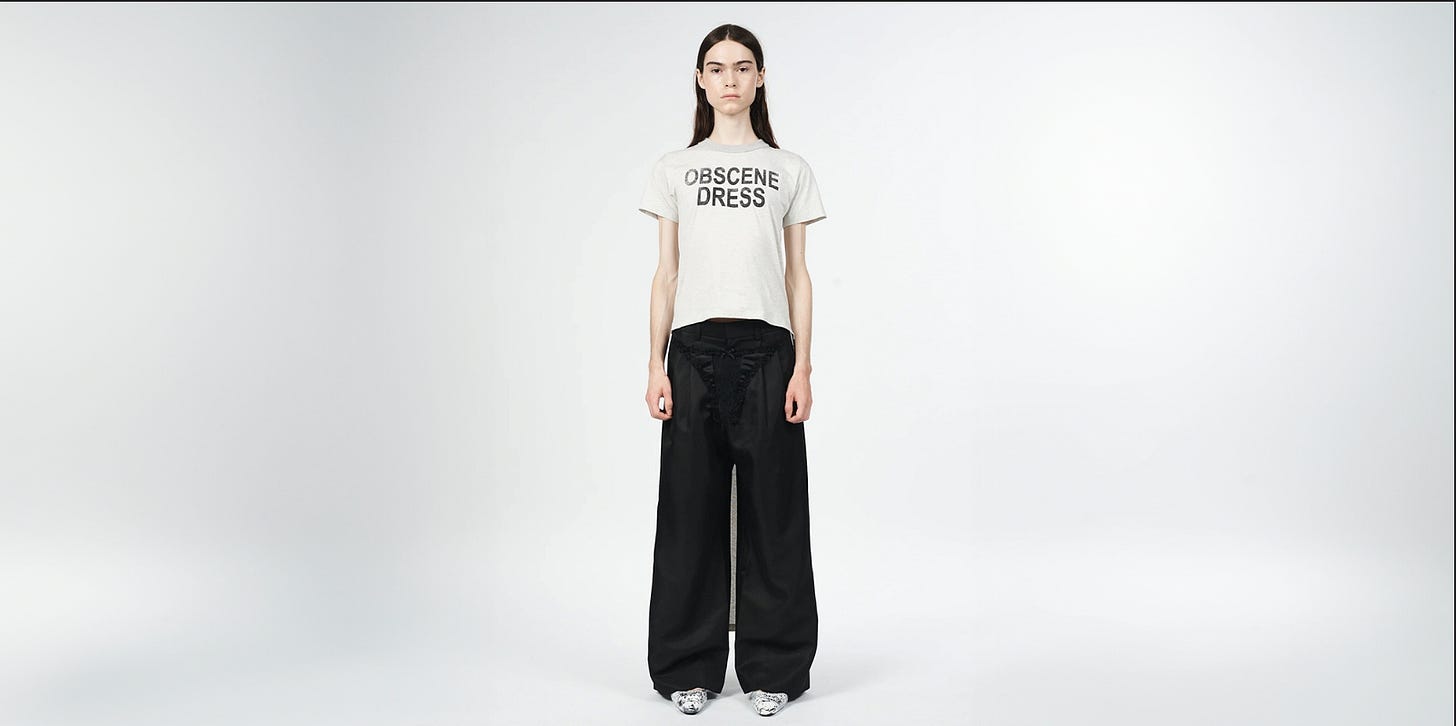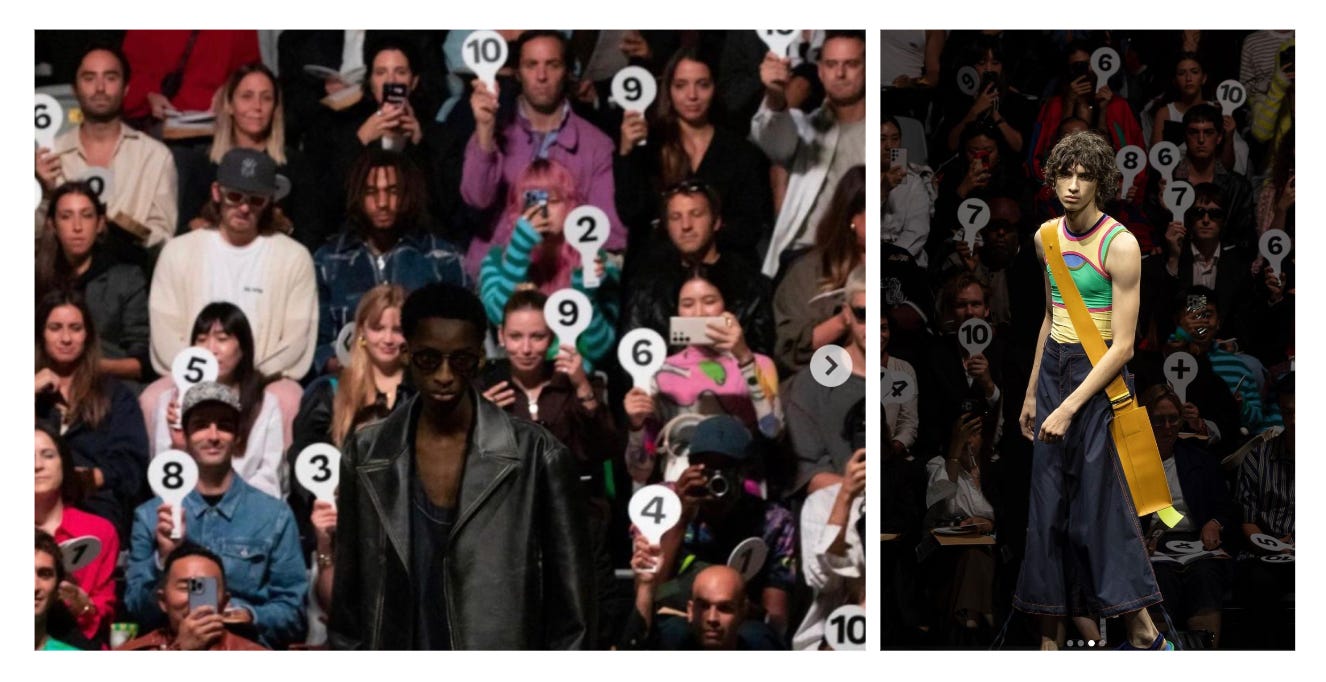Are You Sitting Uncomfortably?
Brands can beat underconsumption-core by facing the uncomfortable truth.
Converse : King Tuff
The latest shopping trend is not shopping. Known as “underconsumption core” it promotes buying and using only what you need. According to Google Trends, searches for the term have exploded by 4,250% in the last year and it’s no longer just about making your money stretch; it's a consumer rebellion against the monsoon of marketing BS.
A recent PwC report shows that brand trust is at an all-time low, with only 3/10 consumers saying they trust companies. Brands have been over-promising and under-delivering for years and consumers are calling them out on it, loudly. It seems people aren't buying it anymore, literally and metaphorically.
Public roasting, 'dupe' culture, and the rise of de-influencers may sound like a brand's worst nightmare, but they can be a gift, offering a road to redemption and a blueprint to win back consumer trust. If brands look at social media as the world’s biggest, most brutally honest focus group and lean into the feedback rather than shy away from it, they’ll discover a treasure trove of insights, especially when it comes to engaging younger audiences.
When KFC were on the receiving end of a savage tweet - “Dear KFC, no one likes your fries. Yours sincerely, the entire world” - they didn’t bury it, they put it on billboards and rolled out a new recipe.
KFC : Mother LDN
New York fashion brand Vaquera took a snide Instagram comment calling one of their dresses “obscene," plastered it on a design and made it a standout item in their collection.
Sunnei, another fashion disruptor, took it a step further by inviting their audience to rate their catwalk show and shared the ratings on Instagram - turning their worst scores into their most-engaged post ever.
Sunnei
If you lean into the hate, you’re the one in control. Brands that flip the script, own the uncomfortable and show that they're listening are the ones cutting through the noise.
The uncomfortable truth about your brand, product or category could be your biggest asset. Virgin Active didn’t shy away from the fact that the wellness industry is toxic and full of fakery, they owned up to it and more importantly 'owned' it. The campaign “Leave The Cult, Join The Club” positions Virgin Active as the no-BS alternative to the miracle detoxes and magic potions clogging the crystal-infused category.
Virgin Active
Honesty can be disarming. It’s unexpected. When brands own their uncomfortable truth they create moments of authenticity that people crave. Owning your flaws doesn’t just build trust, it builds loyalty - and sales.
So how do you find these uncomfortable truths about your brand?
1. Start With Shade
Pay attention to the snarky tweets, Instagram rants and reddit meltdowns. These aren’t just angry outbursts, they’re free focus groups offering up free insights. People are literally telling you where you’re messing up. All you have to do is listen.
2. Embrace The Awkward
Radical honesty isn’t for the faint of heart. If your brand is too busy trying to look perfect, this won’t work. But if you can stomach the discomfort, you’ll stand out.
3. Turn Problems Into Punchlines
Use criticism as creative fuel. Whether it’s a product fix or a marketing campaign, facing the issue head-on can flip a PR nightmare into your brand’s next iconic moment.
4. Solve It Loud
Fixing things behind the scenes won’t cut it. Solve the problem loudly. People want to see you acknowledge your mess and take action, publicly.
5. Know Your Lane
Not every brand can pull this off. If your vibe is too stiff or polished, it might backfire. But if you’ve got a rebellious streak - like Virgin or KFC - this strategy can be golden.
6. Get Comfortable With The Uncomfortable
Honesty, especially the raw, squirm-inducing kind, builds something that’s becoming increasingly rare: trust.
If consumers are tuning out, maybe marketers should start tuning into criticism. Find the uncomfortable truth about your brand, your product, or your category and then own it. Make it your superpower because, let’s face it, everyone’s a little tired of perfection.







